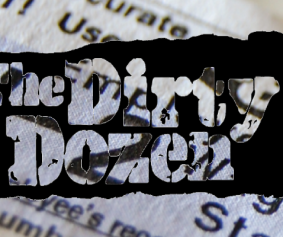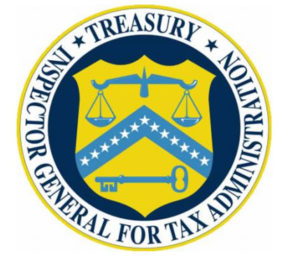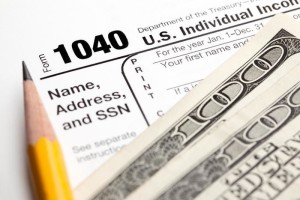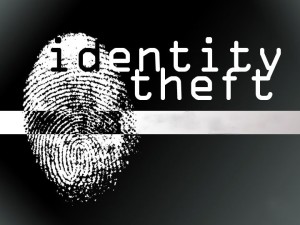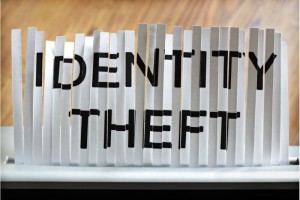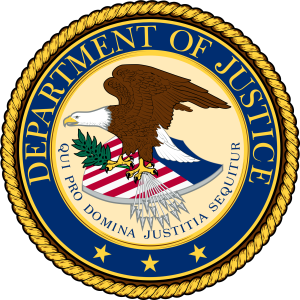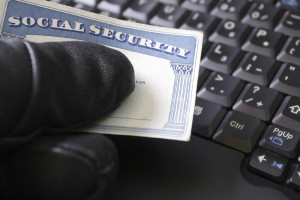IRS Summarizes “Dirty Dozen” List of Tax Scams for 2017
Tuesday, March 7th, 2017 @ 5:53PM
CFEG reports that the IRS announced in February, 2017 its “Dirty Dozen” list of tax scams for 2017. The full list may be viewed by clicking the link below. Taxpayers should review this annual list published by the IRS to be on the lookout for scams they may encounter throughout the year and especially during tax-filing season.
CFEG reports that taxpayers need to guard against ploys to steal their personal information, scam them out of money or talk them into engaging in questionable behavior with their taxes.
CFEG will discuss a few of these scams but to review the full list of scams you will need to click open the link below.
Phishing: Taxpayers need to be on guard against fake emails or websites looking to steal personal information. The IRS will never initiate contact with taxpayers via email about a bill or refund. Don’t click on one claiming to be from the IRS. Be wary of emails and websites that may be nothing more than scams to steal personal information. (IR-2017-15
Phone Scams: Phone calls from criminals impersonating IRS agents remain an ongoing threat to taxpayers. The IRS has seen a surge of these phone scams in recent years as con artists threaten taxpayers with police arrest, deportation and license revocation, among other things. (IR-2017-19)
Identity Theft: Taxpayers need to watch out for identity theft especially around tax time. The IRS continues to aggressively pursue the criminals that file fraudulent returns using someone else’s Social Security number. Though the agency is making progress on this front, taxpayers still need to be extremely cautious and do everything they can to avoid being victimized. (IR-2017-22)
Return Preparer Fraud: Be on the lookout for unscrupulous return preparers. The vast majority of tax professionals provide honest high-quality service. However, there are some dishonest preparers who set up shop each filing season to perpetrate refund fraud, identity theft and other scams that hurt taxpayers. (IR-2017-23)
Fake Charities: Be on guard against groups masquerading as charitable organizations to attract donations from unsuspecting contributors. Be wary of charities with names similar to familiar or nationally known organizations. Contributors should take a few extra minutes to ensure their hard-earned money goes to legitimate and currently eligible charities. IRS.gov has the tools taxpayers need to check out the status of charitable organizations. (IR-2017-25)
Posted by cfegov
Categories: Fraud, Waste and Abuse

